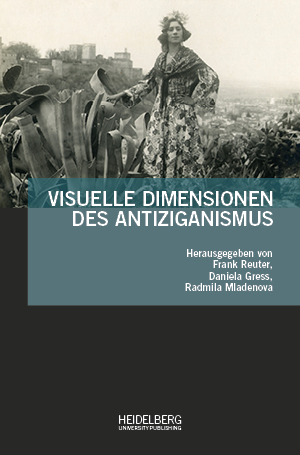How to Cite
License (Chapter)

This work is licensed under a Creative Commons Attribution-ShareAlike 4.0 International License.
Identifiers (Book)
Published
Aleksandr Puškins Poem "Cygany" und Sergej Rachmaninovs Oper "Aleko"
Abstract The main question of this paper is: how do literary work and libretto relate to one another and what does the music add? A quick look at the tradition of European antiziganism and at the history of music raise the question of how far music can be antiziganist. How did librettists and composers portray “gypsies”? The focus is on Aleksandr Puškin’s poem and Sergej Rachmaninov’s one-act opera. The poem and the libretto are compared. The musical standard idiom, known from several popular works, is not prominent in this opera. Rachmaninov designs Aleko, the Russian and murderer, as the pathetic main character. The stereotypes of the gypsy portrayal that Rachmaninov circumvents in his music predominate two Soviet film adaptations of the opera.






